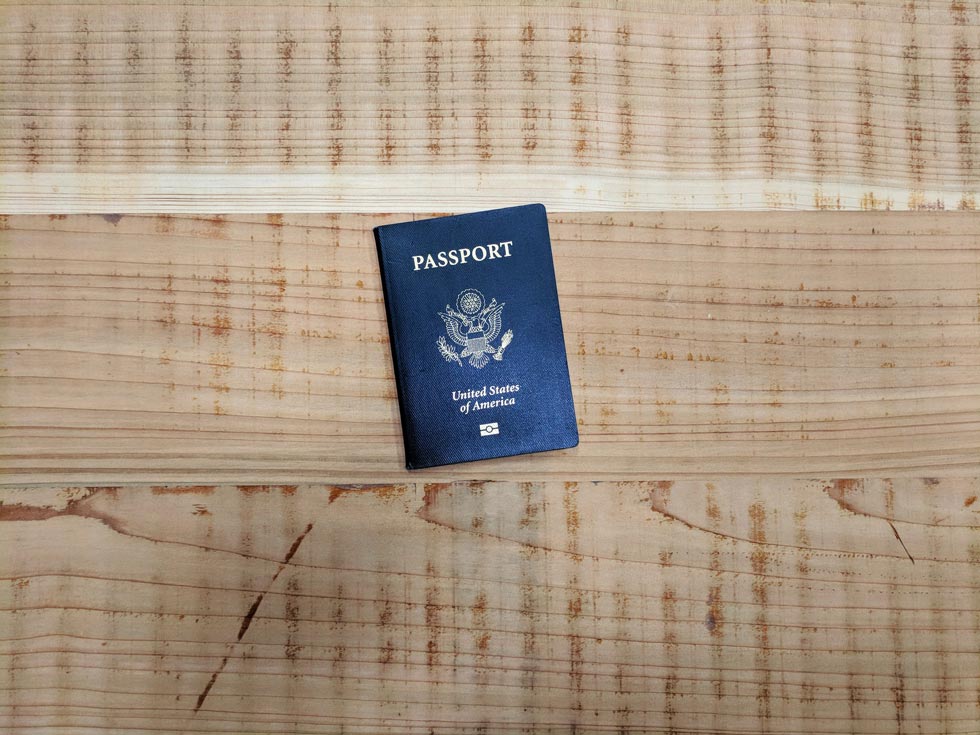Trump Takes Sledgehammer To Immigration Law
Major U.S. business organizations used strong language in a legal complaint to dispute a recent Trump administration action to block foreign nationals from entering the United States to work. “The proclamation takes a sledgehammer to the statutes Congress enacted with respect to high-skilled and temporary worker immigration,” argued the business groups in a new lawsuit filed against Donald Trump’s June 22, 2020, presidential proclamation. “While the President’s powers under Section 212(f) are broad, they do not authorize the President to nullify duly enacted statutory provisions.”
The recent proclamation suspended the entry of foreign nationals on H-1B, L-1, H-2B and (most) J-1 temporary visas until at least December 31, 2020. The plaintiffs argue that overrides Congress. “The proclamation is unlawful: It exceeds the statutory and constitutional authority of the Executive, and thus the federal departments and officials involved may not lawfully implement or enforce it,” according to the plaintiffs. They note that Congress has passed laws to balance the interests of workers, businesses and the U.S. economy.
The plaintiffs argue the proclamation both exceeds the executive branch’s authority and violates the Administrative Procedure Act because it is “arbitrary and capricious and not rationally tied to its stated goal.” They cite a large body of economic research showing H-1B visa holders (and others) are likely to create additional jobs and write, “There is no basis to conclude that exempting this wide swath of workers from the United States will have a material impact on unemployment rates of U.S. citizens.”
The plaintiffs in the case are the National Association of Manufacturers, the U.S. Chamber of Commerce, the National Retail Federation, TechNet and Intrax, with Paul Hughes and Michael Kimberly of McDermott Will & Emery as counsel. A motion for preliminary injunction was filed in another lawsuit against the proclamation on July 15, 2020, on behalf of 174 Indian nationals, including 7 minor children.
The business organizations argue the decision to block H-1B visa holders, who work primarily in computer-related occupations, on “unemployment” grounds was not rational given the economic data available at the time of the proclamation. The plaintiffs cited a National Foundation for American Policy analysis of Bureau of Labor Statistics data that showed the unemployment rate for individuals in computer-related occupations remained stable in the United States between January and May 2020.
“The last two weeks of March saw record numbers of new unemployment filings, and the Bureau of Labor Statistics reported a 14.7% total unemployment rate in April,” note the plaintiffs. “That spike in unemployment was not distributed evenly across occupations. While certain jobs in tourism, hospitality, and related service industries were hit hardest, an analysis of Bureau of Labor Statistics data shows that the unemployment rate in computer occupations decreased – from 3.0% in January 2020 (before the economic impacts of the virus were felt) to 2.8% in April 2020, and to 2.5% in May 2020.”
The plaintiffs point out the administration “cites three supposed data points” to make its case, but those data points focused on the overall economy, not the occupations primarily used by H-1B, H-2B. L-1 and J-1 visa holders. Nearly all sectors include employers that hire individuals who need these types of visas to work in the United States. That means citing layoffs in industries that include businesses that employ such visa holders, as the proclamation does, is not meaningful evidence for blocking the entry to the U.S. of all H-1B, H-2B, L-1 and J-1 visa holders.
To prevent the entry of visa holders, in the June proclamation Trump used Section 212(f) of the Immigration and Nationality Act (INA). The Supreme Court decided a case on the president’s use of 212(f) in Trump v. Hawaii (the travel ban decision). The plaintiffs objected to the use of Section 212(f) in the latest proclamation: “The foregoing limitations to the scope of the President’s authority – including that the Executive may not use Section 212(f) to invalidate duly enacted statutes, that the Executive may not use Section 212(f) in response to a purely domestic economic concern, especially where Congress has addressed the issue, and that the Executive’s use of Section 212(f) must be accompanied by rational ‘find[ings]’ – ensure that authority Congress has bestowed on the President in Section 212(f) is constitutional.”
The plaintiffs argued, “If, by contrast, Section 212(f) contains no such limits on the scope of Executive authority, then the proclamation is ultra vires because Section 212(f) effects an unconstitutional delegation of ‘the Legislative Power’ in Article I, and thus cannot confer lawful authority upon the President. Properly construing the INA as limiting the President’s ability to impose the proclamation, however, avoids the grave constitutional doubts otherwise raised by the non-delegation doctrine.” (Emphasis added.)

